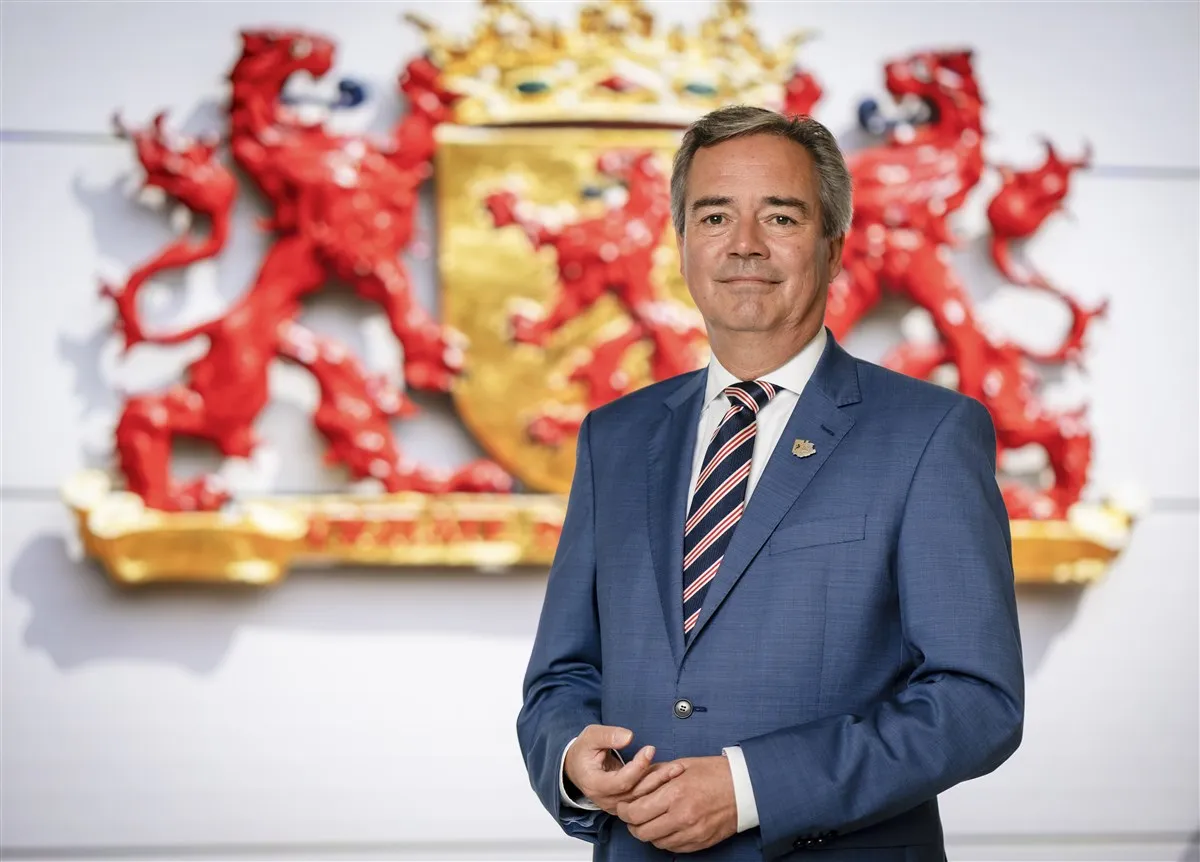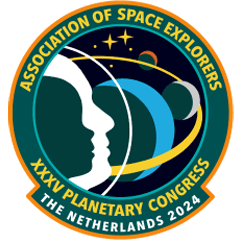South Holland: the beating heart of space travel

South Holland plays a crucial role in the Dutch space sector. From the European Space Centre in Noordwijk to the many companies and knowledge institutions spread throughout the region. We spoke with Meindert Stolk, deputy for Economy and Innovation for the province of South Holland, about the significance of space travel for the region and the opportunities that this sector offers for the future.
This year, the astronaut congress will largely take place in South Holland. What does this mean for the province?
South Holland is the beating heart of space travel, no less than eighty percent of all space activities in the Netherlands take place here. We are therefore very proud that the international astronaut congress will largely take place in our region. As the province of South Holland, we are also one of the partners of the congress.
What makes this week so special?
With the many activities that will take place throughout the country this week and the focus on the importance of space travel for our planet, we will show what space travel means for our daily lives. In addition, there is a lot of attention for young talent. We want to interest pupils and students in a career in the space sector, including through Vakkanjers and the MOONSHOTS’ 24 programs.
South Holland is known for innovation and its economy. How does space travel fit into this?
Space travel is an innovative and high-tech sector, just look at the space companies and knowledge institutions in Noordwijk, Leiden, Delft and The Hague, among others. Every day, more than eighty companies and thirty institutions with a total of more than 5,000 FTEs work on the design, construction and use of satellites, spacecraft and the associated infrastructure and applications.
The technological heart and largest location of the European Space Agency ESA, the European Space Research and Technology Centre (ESTEC), has been located in Noordwijk since 1968. Directly next to ESTEC, the province is working with the municipality of Noordwijk on the further development of NL Space Campus.
How does space travel influence our daily lives?
Many innovations and applications that are developed in space travel have a direct impact on our economy. For example, the smart sensors in satellites that help agricultural entrepreneurs grow their crops more efficiently. Or think of traffic, where cars, trains, ships and airplanes are highly dependent on satellite navigation. Our electricity grid and the internet also need satellite services. Space travel may sound far away, but it affects our daily lives in many more aspects than you might think.
What is the role of the province in stimulating the space travel sector?
In the space cluster in South Holland, the province is encouraging clustering into campuses and field labs, among other things. Such innovation clusters strengthen the collaboration between companies, knowledge institutions and governments in order to bring innovations to the market more quickly and help new business activities get started.
We actively contribute to the development of NL Space Campus in Noordwijk, but also think of the Aerospace Innovation Hub in Delft, which we also support. Through these clusters, we strengthen the innovation collaboration between the business community on the one hand and knowledge institutions such as the Leiden-Delft-Erasmus universities, ESA ESTEC, TNO and SRON on the other. As a province, we do this through provincial subsidy schemes, cooperation with and lobbying towards municipalities and ministries, and our client role in InnovationQuarter, the regional development company for South Holland.
Can space technology contribute to spatial planning and environmental management?
Yes, it can! As a province, we use satellite images to literally get a better picture of our environment. We map the South Holland industrial estates and provincial roads. We also use satellites to monitor the condition of our rivers, lakes and coastal waters. Is the water clean and does it flow well to the North Sea?
To encourage the use of satellite data, we are organizing the second edition of ‘Satellite data for governments’ on October 3 together with the Netherlands Space Office and NL Space Campus. We hope that provinces, municipalities, environmental services and water boards will make better use of the many possibilities of satellite data. This inspiration session is also part of NL Space Week.
What do you expect for the future of the space sector in South Holland?
There are great opportunities for the South Holland space sector, not only within our region but also in the rest of the Netherlands and Europe. The future can look bright.
It is important for this that the new cabinet starts working on the Long-Term Space Agenda (LTR) launched last January. Various governments, companies and knowledge institutions, many of which come from South Holland, have worked on this agenda. One of the goals included in it is the further development of NL Space Campus in Noordwijk, something that we as a province want to commit to for the long term.
Provincial Executive Meindert Stolk will speak during the opening ceremony of the XXXV Planetary Congress of the Association of Space Explorers on Monday 30 September. The opening ceremony can be followed live via the livestream.
